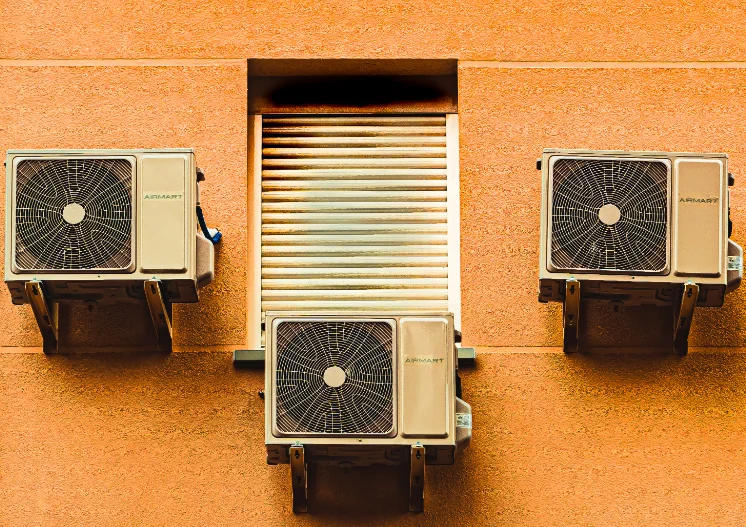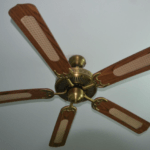If you want to keep your home comfortable and energy efficient, it’s worth considering installing a heat pump. However, in order to calculate efficiency and whether it’s worth the switch, many homeowners often wonder: how long should they expect their heat pump to last?
This article will discuss the average life expectancy of heat pumps, the factors that impact their lifespan, and ways to increase it. Moreover, we’ll provide some factors that can help you decide if it’s better to repair the heat pump to keep your home warm or replace it with a new one.
What Is the average lifespan of the heat pump?

To be precise, the average lifespan of a heat pump is approximately 10 to 15 years. Unlike furnaces and regular cooling systems used in certain seasons, heat pumps tend to be used throughout the year to maintain a constant.
Therefore, they do not typically last as long as other common HVAC systems due to wear and tear. But despite the approximate lifespan we’ve listed, the fact is that how long your heat pump will last completely depends on how well you maintain it.
For instance, it might break down if you do not conduct frequent maintenance or servicing of your heat pump. This means that with proper maintenance and parts replacement when needed, your heat pump may last well beyond this timeframe.
Factors influencing a heat pump’s lifespan
Maintenance
The major factor impacting how long your heat pump will last is how well you keep up with maintenance. Heat pumps need regular care to continue running efficiently and effectively, so it’s important to perform regular maintenance, such as checking for refrigerant leaks, changing the air filter regularly or any other signs of damage, and having a professional technician inspect and service them yearly. Doing all these things can help extend the overall lifespan of your system by years.
Installation
Besides regular maintenance, quality installation is another key factor influencing heat pump life expectancy. If you opt for an inferior contractor who is untrained and doesn’t follow through with properly installing your unit, then its longevity may be substantially shortened. So, it is important to conduct thorough research to find a highly trained HVAC technician to install your new system.
Size of the system
If your heat pump is smaller than the size of the room, it will run more extended hours and won’t be able to warm up the room. As a result, it will go through constant pressure, eventually reducing its lifespan. If your heat pump is larger compared to the size of the room, it will end up overheating the room and wear down faster.
Clogged air filters
Clogged air filters can significantly impact the longevity of the heat pump unit. Dirty air filters can increase strain on the system and lead to overworking, which could shorten its lifespan. To maximize its longevity and efficiency, make sure to routinely change clogged air filters as per the manufacturer’s recommendations.
Usage
Improper or over-usage can impact the lifespan of a heat pump. Using your heat pump too often can cause the system to overheat and wear down quicker than expected. It’s important to follow the manufacturer’s instructions to properly use the system to get the maximum life out of it.
Brand
The heat pump brand also is a crucial factor here. If you choose a reliable HVAC brand, the installation and maintenance benefits that tag along with the product will be much better. A good brand will never compromise with the product. Also, if you choose a heat pump with better specifications, the lifespan will definitely be more.
Moreover, if you need any repair or replacement of a particular component, you should only purchase the branded ones that are compatible with your system.
The environment/ weather in which it operates
Climate has a significant impact on the heat pump’s lifespan. While you cannot control or change the weather or environment, you can certainly take precautions. So, if you reside in a cold climatic area with more chilly days, the heat pump will be used more, reducing the equipment’s lifespan. On the other hand, in a hot climatic area, the heat pump will experience more wear & tear as higher temperatures are not favorable for the machines and auxiliaries.
Factors that determine when to replace your heat pump
Tired of getting your heat pump repaired? Here’s when you need to get it replaced altogether.
Higher energy bills
Heat pumps are more energy-efficient than other HVAC systems. As it ages, the heat pump’s efficiency reduces; it stays on for longer hours to reach the desired temperature. The longer it runs, the more the energy bills. Therefore, an energy inspection is necessary after every five years. If the bills rise exorbitantly, you will need to replace them with a better model.
Poor air quality
Not only does your heat pump provide heating and cooling service, but it is also responsible for good air quality. If you see a rise in humidity and dust leading to allergies in the house, it’s a clear signal that your heat pump needs a replacement.
System breakdown
Breakdowns are normal for every HVAC system. During breakdowns, all you need is to call a professional who can carry out the necessary repairs. But if your heat pump breaks down every now and then, you will definitely need a replacement.
Requires frequent repairs
Every HVAC system needs occasional repairs. But if your system requires repairs every month or week, you need a complete replacement. Frequent repairs indicate that your system has become old and its components are wearing down with each usage.
Endnote
Now that we’ve covered the different factors that affect a heat pump’s lifespan, you can easily narrow your search to purchase the right one for your house to make sure it lasts. By paying proper attention to timely maintenance and overhauling the heat pump when necessary, it can be easy to extend its total service life by a huge margin.
And remember that when purchasing a heat pump, homeowners should check every detail about the product and what post-purchase benefits the brand offers. This can allow them to benefit from free repairs and servicing under the product’s warranty period, which can be a great way to cut down on overall costs over the heat pump’s functional lifespan.
Join 25,000+ smart readers—don’t miss out!







